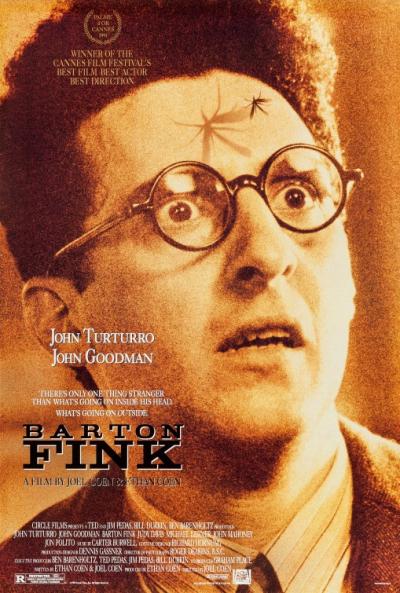Grave of the Fireflies

Just looking at this image makes me tear up
dir: Isao Takahata
1988
For all the pop culture popularity of Japanese animation, it still has a pervasively negative reputation. The main reason for this being, of course, the relatively small percentage-wise amount of anime that seems to be exclusively created for the purpose of creating violent stroke material. Anyone confused as to what I mean by ‘stroke material’ should know that I’m not referring to people having aneurysms or lapsing into comas.
In the same way that it would be inaccurate to say that all French cinema is basically films like Irreversible or Baise Moi, it’s unfair to tar Japanese animation with the hentai / giant robots / tentacle / schoolgirls brush. Sure they play a part, but much of it is just about telling a story.
Grave of the Fireflies is a heartbreaking entry in the genre, which has nothing to do with science fiction or girls having their underwear stolen by demons. It is a simple story (on the surface) about a brother and sister trying to survive in Japan during World War II. It has recently been given the royal treatment on DVD (Madman), which is why I felt inspired to write about it now, having just purchased it. The two disk set certainly is worth the purchase price for the film alone, but contains a plethora of worthwhile extras that sweeten the deal even more.
For a film of such beauty in which nothing much happens apart from the long, idyllic march to the grave, the makers have transcended the basic elements that constitute our expectations (at least mine as a non-Japanese viewer) of animation and crafted a story no less poignant or evocative than any live action film. Constructed with an incredible amount of craft, each panel seems to have been lovingly painted by people who had an infinite amount of time on their hands, which is obviously not the case.
Put together by the famous Studio Ghibli (directed by Isao Takahata, and not the ‘master’ Hayao Miyazaki) it exemplifies all the trademarks of that studio’s work which, bizarrely enough achieves everything Disney wishes it still could but never will again: great looking animated features that tell great stories and are massively, commercially successful. The irony of course being that Miyazaki created the studio having been inspired by the earlier works of the Mouse House in no small part.
- Read more about Grave of the Fireflies
- 3773 reads

